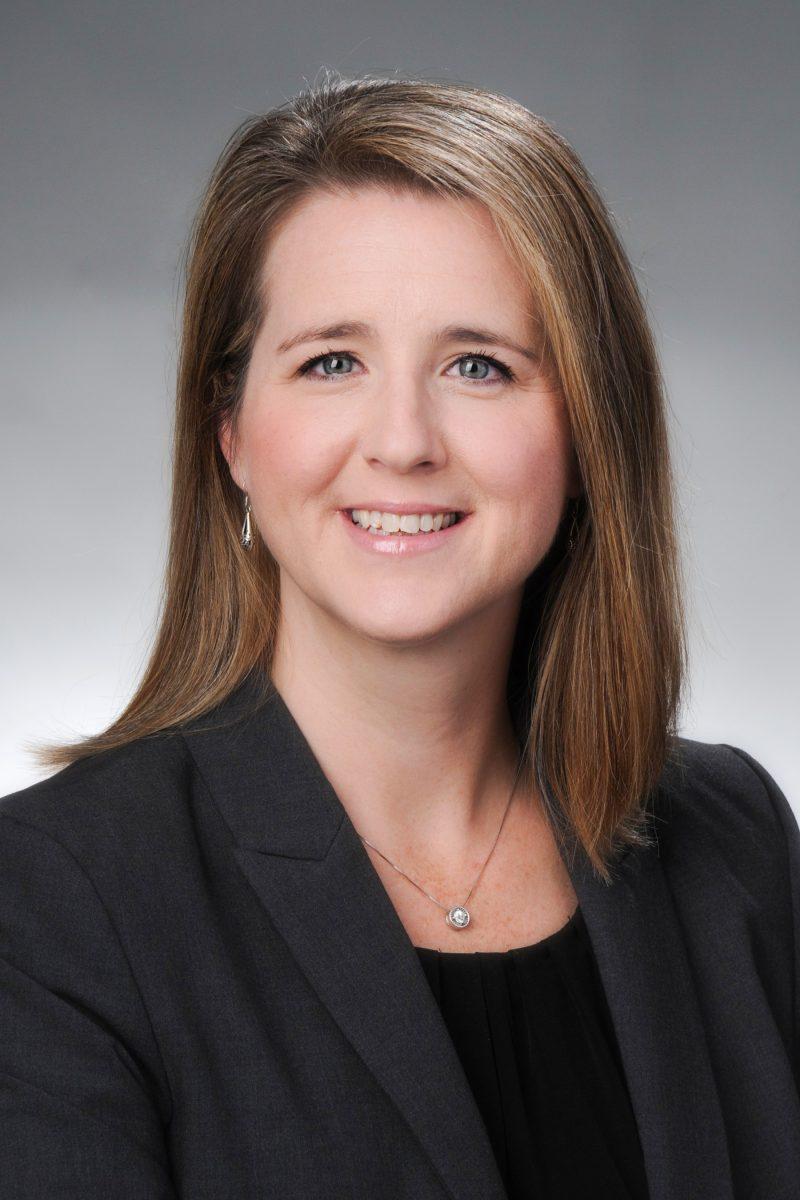Angela Rowe McDonald, Ph.D., was announced as the inaugural dean of the School of Health Studies and Education on April 24. McDonald currently holds the position of interim dean of the College of Health Studies at University of North Carolina Pembroke.
With a background in both education and mental health counseling, McDonald will officially join Hawk Hill on July 1. The new school will open for the fall 2019 semester.
The Hawk spoke with McDonald about her plans for the new school.
Why did you choose to apply for the position of dean at St. Joe’s?
I really was drawn to the fact that the new school is being created combining health studies and education together. In my experience, those have been separate, but there is a natural partnership for them to be together. The more I started to learn about the university, I also liked the values that came through in a lot of the materials that I was able to read, the emphasis on service and caring for the whole person. All of that is important to me as an academic but also in the professions that the school will train and prepare students to be a part of.
What will be among your initial priorities when you get to Hawk Hill?
I really want to get to know everybody. Behind that, I know there has been a lot of work done over the last year in particular but probably a little bit farther back than that in thinking through adding a new school. With it being the first new school in such a long time, I want to get a much richer appreciation for the work that’s already been started, so I can use that to inform the direction that we take over the year in terms of doing more formal strategic planning where we look at the mission vision and create some action steps together. But I see that as something that will all be very collaborative, so I’ll need to get a lot of input on the ground from the faculty, the students, the staff members.
How do you see the relationship between health studies and education?
One of the things that really stands out to me is that while access to clinical care healthcare providers is really important, it’s the overall inputs that make someone healthy, or make a community healthy, tend to be more heavily influenced by social drivers of health and within that broader category of social drivers of health. Education is a part of that. I think there needs to be a real partnership between education providers, educators and health providers. The fact that they will be located administratively together in this new unit helps to facilitate the types of interprofessional learning opportunities, collaborative research projects and service activities between the faculty and the students. That work can happen when people aren’t together under the same administrative unit, but when they are it helps grease the wheels for that to happen more smoothly.
How do you plan to develop and nurture a relationship with students, particularly in an upper level administrative position?
It’s been my experience in administrative positions so far that you are a little bit more cut off from students than when I was a faculty member and an advisor. Administrators really have to seek out those opportunities to engage with students through participating in meetings, the student government process, being visible at lots of events so that there are these natural opportunities to interact with students. But I also see students as being important stakeholders in the strategic planning process. So when we have listening forums to help guide shaping what the school will be, students need to be invited and encouraged to attend those so that they can be contributing what their hopes are too. Same with alumni as well.
In the fall semester, there were campus-wide protests after a racist incident was reported in a student residence. Social justice and institutional racism have become part of the national conversation and at St. Joe’s. How do these conversations impact the school of Health Studies and Education?
Addressing the social determinants of health and health equity and institutional racism, the systemic structures that inhibit people from living their full potential, are critically important to the programs that are within the new school. Part of the training and preparation for students in the new school will be to learn about how that impacts the campus culture, but also to learn about how that impacts the professions that they are entering. Being able to look at, address, advocate and be a part of conversations around that as a student is incredibly important and informative to continue to be a part of conversations when they go and work in health systems and education systems.















































